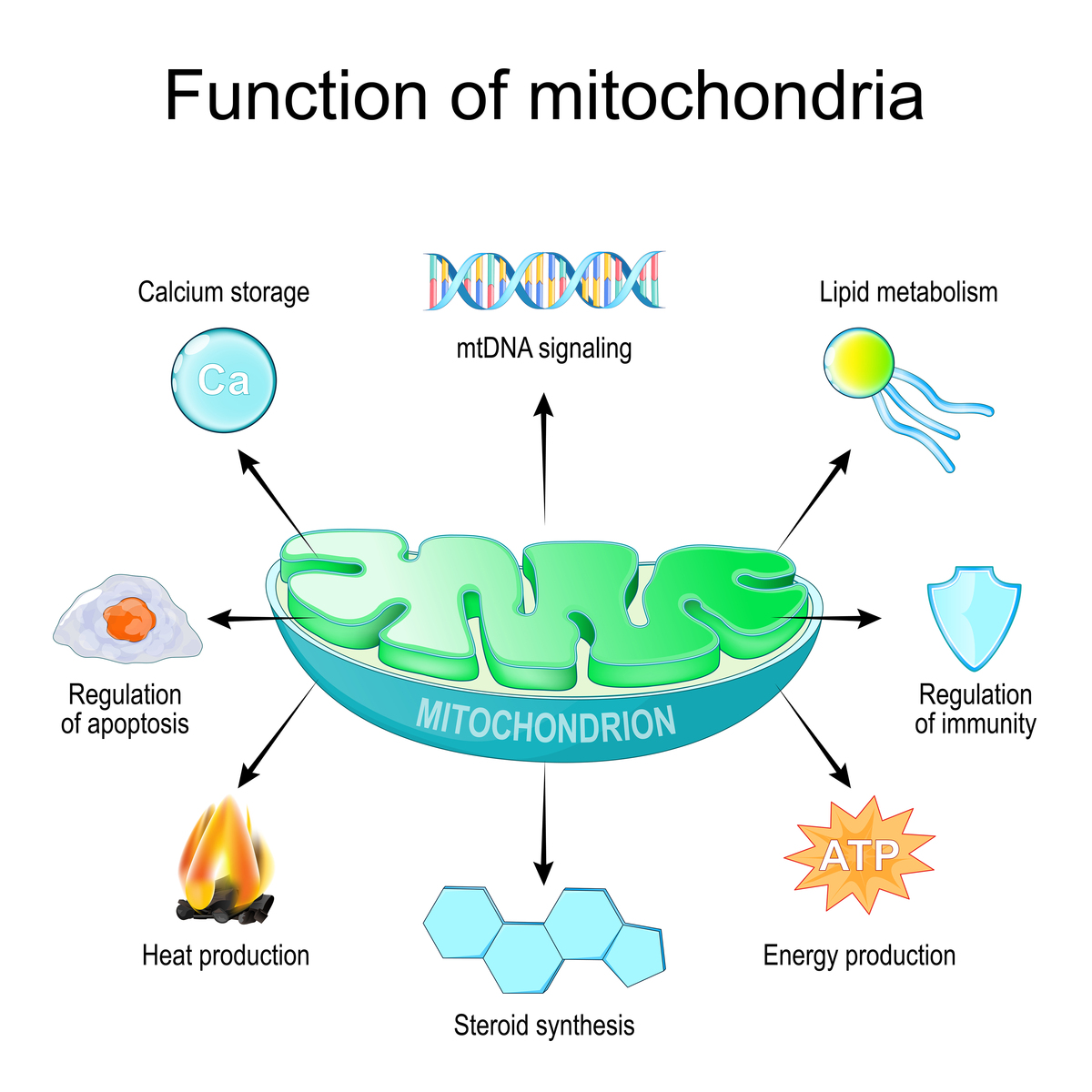Autophagy in Oral Tissue Regeneration: Mechanisms and Therapeutic Potential
During mastication, continuous mechanical loading and exposure to a complex microenvironment of bacteria can alter the morphology of oral tissue. In order to maintain proper oral function, human oral tissue undergoes constant remodeling and regeneration throughout life. Autophagy, a highly regulated process that involves the turnover of long-lived proteins and damaged organelles in the cytosol, plays a complex role in oral tissue regeneration, particularly in stem cells and the immune system.
While autophagy has been shown to be a universal cellular response in tissue and disease regeneration, our understanding of this process remains incomplete, and there are currently limited compounds available to modulate it for clinical use. This review examines the diverse role of autophagy in various oral tissues, including periodontal, bone, dentin-pulp, and gingival tissue, and discusses the potential of small molecule drugs, biomaterials, exosomes/RNAs, and other specific treatments to regulate autophagy and enhance oral tissue regeneration.
By identifying the pivotal role of autophagy in oral tissue regeneration, this review provides promising targets for clinical applications. A more detailed understanding of the mechanistic basis of autophagy could lead to the development of novel and effective targets for drug screening of autophagy agonists or antagonists, which could ultimately provide useful treatments for human oral tissue regeneration.

原文地址: https://www.cveoy.top/t/topic/lJS1 著作权归作者所有。请勿转载和采集!